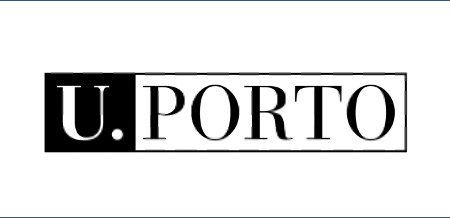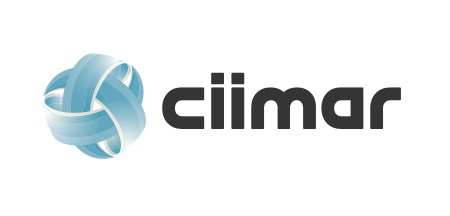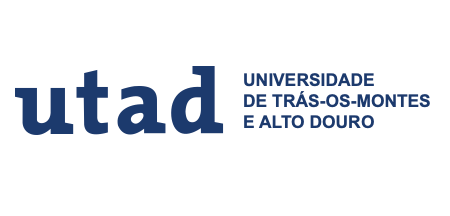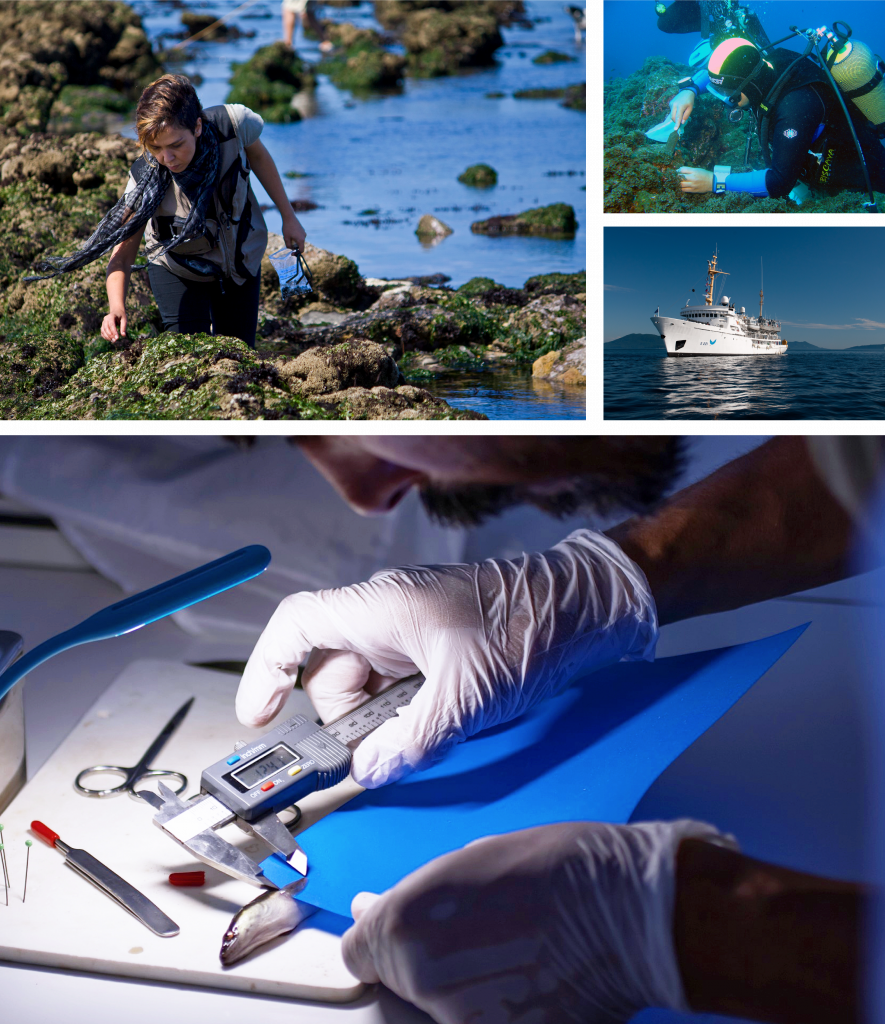
The ATLANTIDA Project
Platform for the monitoring of the North Atlantic Ocean and tools for the sustainable exploitation of marine resources
ATLANTIDA aims to potentiate the expertise of a multidisciplinary team from the UNorte.pt consortium (University of Porto, University of Minho & University of Trás–os-Montes and Alto Douro) and CIIMAR while implementing a comprehensive approach of the Ocean observation and developing tools for its sustainable use. The project is structured in 5 Research Lines aimed at creating a strong cohesion of the UNorte.pt institutions regarding Ocean Research and Technologies, while producing strong, comprehensive and multidisciplinary knowledge and developing tools for the sustainable exploitation of the ocean.
Read more:
Coastal and Ocean Observatories are important tools to guide human actions in response to natural events and climate change impacts. They give information on ocean physical, chemical and biological processes and dynamics, revealing its regional characteristics and vulnerabilities. The Atlantic Ocean in the North Coast of Portugal has been studied by the teams of the consortium, but mostly in irregular intervals and in patchy areas. There is a huge potential of its physical chemical and biological resources, both at coastal areas and in deep sea environment, but they need to be investigated while applying a comprehensive strategy.
Goals

R&D&I
Reinforcing the research, technological development & innovation of the Portuguese North Coast
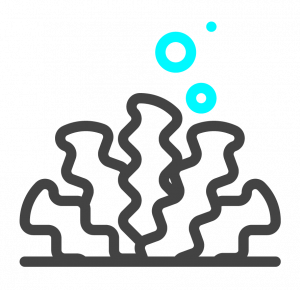
Ocean Observation & Sustainability
Implementing a comprehensive approach of the Ocean observation and of tools for its sustainable use
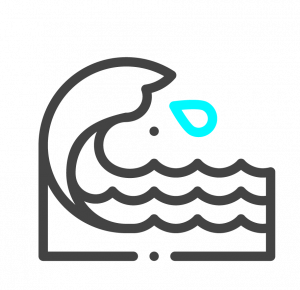
Leaders in Ocean R&D
Create a strong cohesion of the UNorte.pt institutions regarding Ocean research and technologies, developing the conditions for a leading position at national and international levels
Research
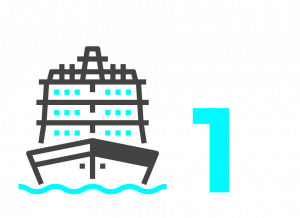
Ocean and Coastal monitoring and modelling
- Relevant, up-to-date data, products and model outcomes
- Climate change and wave energy
- Global change and marine and estuarine biological systems
- Deep-sea dynamics and microbiome diversity
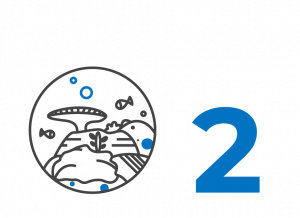
Ecosystems and Biodiversity in the Northwest Portuguese coast
- Spatio-temporal distribution of species
- In costal ecosystems, from microorganisms to large predators, and from benthic deep sea to pelagic ecosystems on the NW coast of Portugal
- Effects of microplastics and other contaminants in these ecosystems
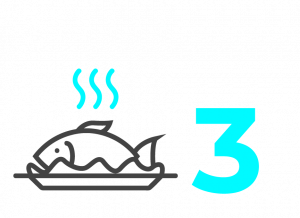
Responsibly raising healthy seafood to unlock aquaculture potential
- Sustainable growth of aquaculture
- Minimization of the environmental impact of fish farms
- Safe and healthier food items for consumers
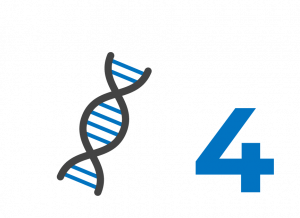
Research line 4
Marine biobanks as tools for marine biotechnology
- Bioprospecting and unravelling the potential of the Northwest Portuguese coast as a natural source of organisms which provide multiple benefits to the society
- Creation of a georeferenced biobank of marine biological resources
- Exploitation of these bioresources for environmental, pharmaceutical and other industrial applications
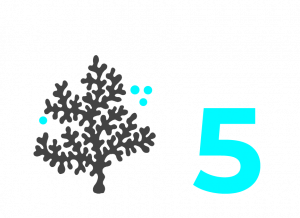
Research line 5
Biotechnological valorization of marine biomass
- Selection of model organisms based on the previous assessment of the regional biodiversity and with exploitation potential
- Biotechnological potential of marine macroorganisms’ materials for new applications on biomedicine
- Interface between marine and health biotechnologies

